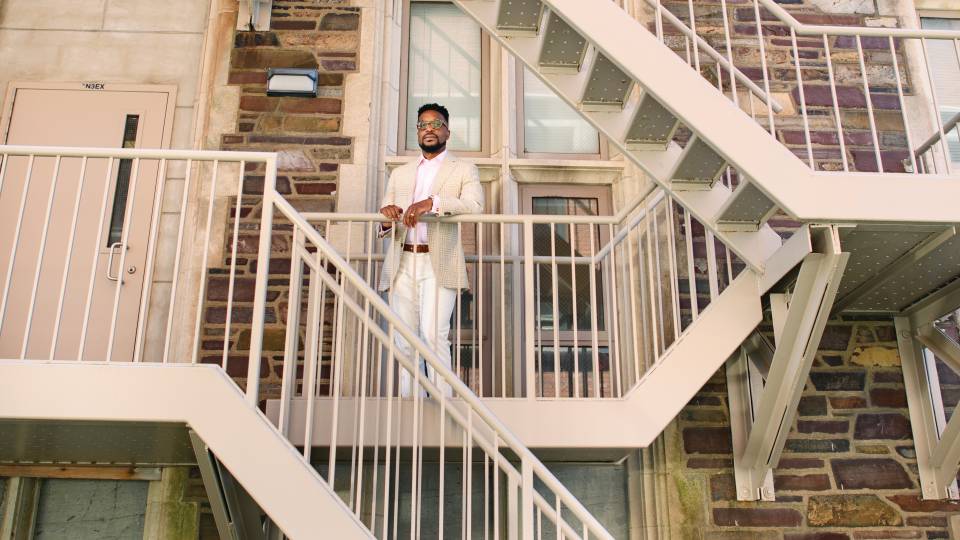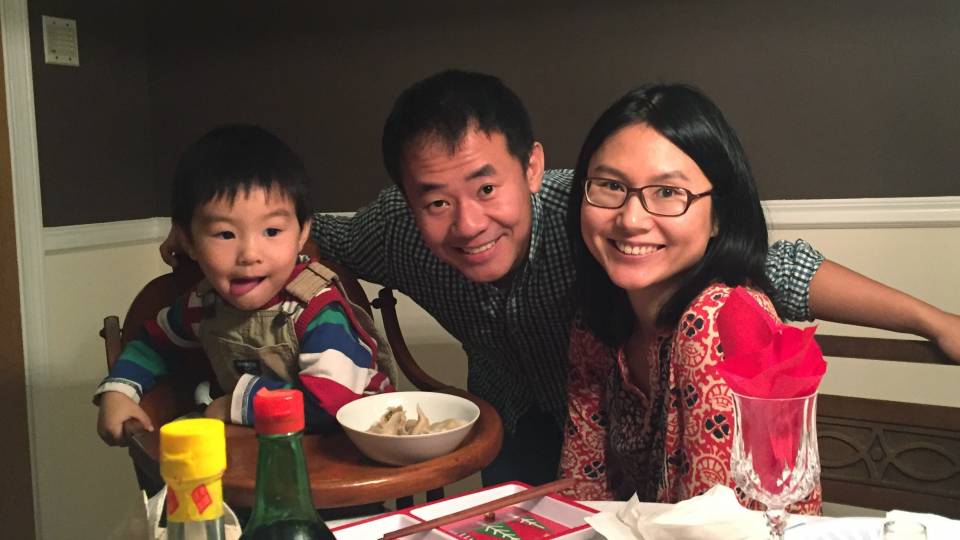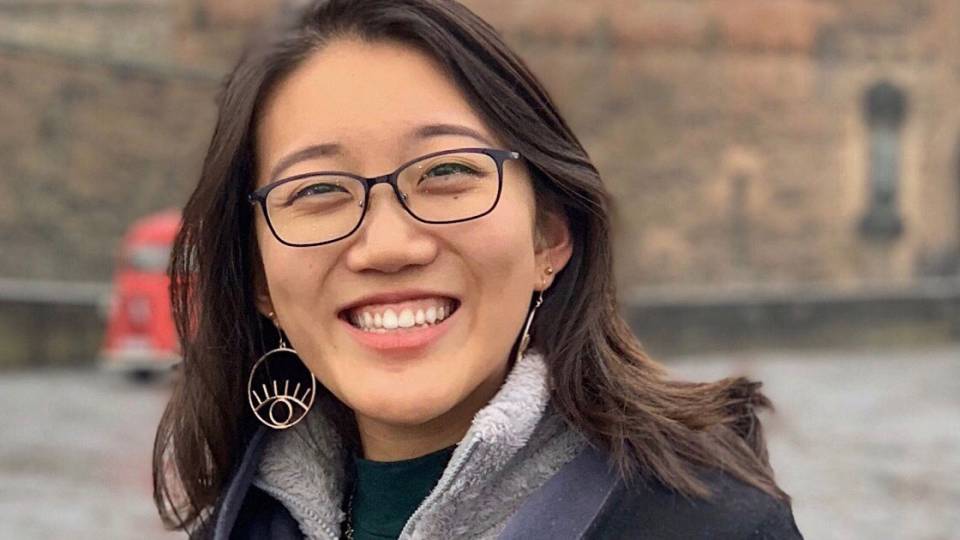Li Shaomin, the Princeton graduate alumnus who was detained in China for six months and then convicted of being a spy, returned to the University on Monday to describe his imprisonment in a secret house and his interrogations in jail.
"The secret police did a lot of very humiliating things to me, that are not legal under Chinese law," Li told the audience, though he did not go into more detail. He later recalled being interrogated two or three times a day and estimated that the interrogations lasted four or five hours, but he couldn't be sure because "I didn't have a watch. They don't allow you to know the time."
Li, a professor of business at City University of Hong Kong and an American citizen, was trying to cross the border into China from Hong Kong last February when he was detained. After being held for six months, he was convicted of spying and expelled from the country. Li has said he is innocent of the spying charges.
Li showed the audience of more than 100 people several ink drawings he had done from memory since his release, which depicted his jail cell, the prison where he was held and his interrogators.
After his arrest, Li was blindfolded and taken to a white house where he was held in solitary confinement and watched by guards 24 hours a day, even while he slept. "They tried to intimidate me, they tried to make me feel so small," Li recalled.
When Li first requested a lawyer, his jailers told him he couldn't have one, even though by law they were required to provide him with one. "They did eventually produce a small document, saying my request for a lawyer is formally denied," Li recalled. "The document was numbered '001'." He was held for two and a half months before being charged with spying. He did have a lawyer for the trial.
Li was grateful when he was moved to a jail near Beijing because "in jail I had roommates to talk to." One of his cellmates had been transferred from another prison, and told Li that a cell the size of the one they shared with a third prisoner would have held 30 people in the other prison.
Li's drawing of his jail cell depicts him and his cellmates sitting upright on the floor, with a guard peering down at them through a window covered with bars. The prisoners had to sit still for two hours a day to think about their crimes, said Li.
Li described his trial, which lasted just one morning. He was charged with working for a Taiwanese foundation that the Chinese government said was a spy agency. When Li asked one of the three judges presiding over his case to see the evidence that the group was spying, he was presented with a one-page memo from the state ministry that said, "We verify this alliance is a spy agency," Li said.
The judges decided Li's case in half an hour. After his conviction, he was deported to the United States. Li said he had anticipated that he might be held for decades.
"I was prepared for 10 or 20 years," he said. "But even 20 years, I would still have [had] hope."
Li has resumed teaching at City University of Hong Kong and plans to continue his research, which has focused on the question of whether China can evolve into a capitalist nation. He noted that his arrest has had a chilling effect on many scholars. "People didn't think people like me could be arrested," Li said.
He said he was grateful to be making a visit to Princeton, where many members of the community rallied to Li's support during his imprisonment. "I feel great, I feel at home," said Li, who earned his Ph.D. in sociology at Princeton in 1988.
Contact: Marilyn Marks (609) 258-3601



